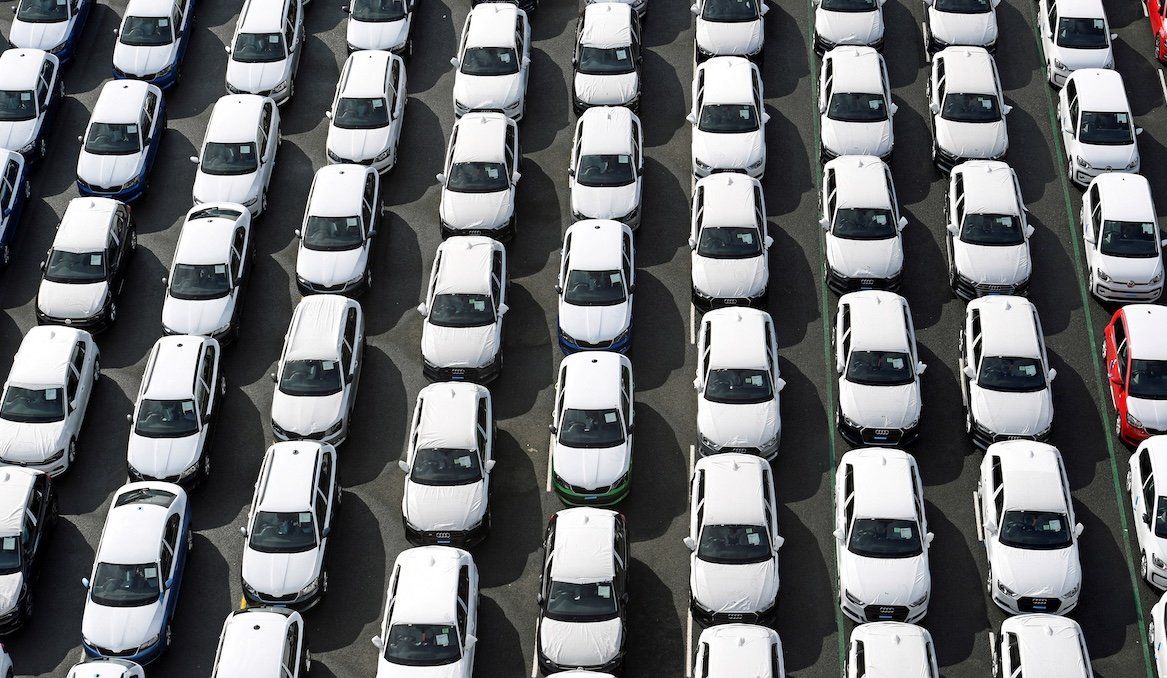On Wednesday, ahead of what Donald Trump is calling “Liberation Day,” when the administration plans to unveil a series of “reciprocal” tariffs, the president signed an executive order levying 25% tariffs on automobiles and auto parts made outside the United States. The tariffs will come into effect on April 2.
The new tariffs will be applied on top of existing duties on materials such as steel. For Canada and Mexico, which are party to a free trade deal with the US and whose auto manufacturing industries are intimately connected to their American partners, the tariff will only be applied to the non-US content of a vehicle or its parts. Economist Jim Stanfordpoints out, however, that this means every consumer car and truck in the US will be tariffed since no vehicle is uniquely and entirely made in America.
Trump says his goal is to permanently shift auto manufacturing to the US. But countries affected by the tariffs are pushing back. After the announcement, Canada, the European Union, Japan, China, the United Kingdom, and Germany decried the move. Japan says it’s “putting all options on the table” in response, and the German economy minister is promising “a firm response” from the EU.
In Canada, Prime Minister Mark Carney, who is on the campaign trail, called the tariffs a “direct attack” and said the country will defend its workers and industry, which accounts for over 600,000 direct and indirect domestic jobs. Carney canceled a Thursday campaign event to return to Ottawa to convene a meeting of his Cabinet Committee on Canada-US Relations. Earlier in the day, he promised that a reelected Liberal government would create a CA$2 billion fund to protect workers in the industry and to boost domestic manufacturing capacity, creating a “made-in-Canada” supply chain as the future of the continental auto industry remains in doubt.